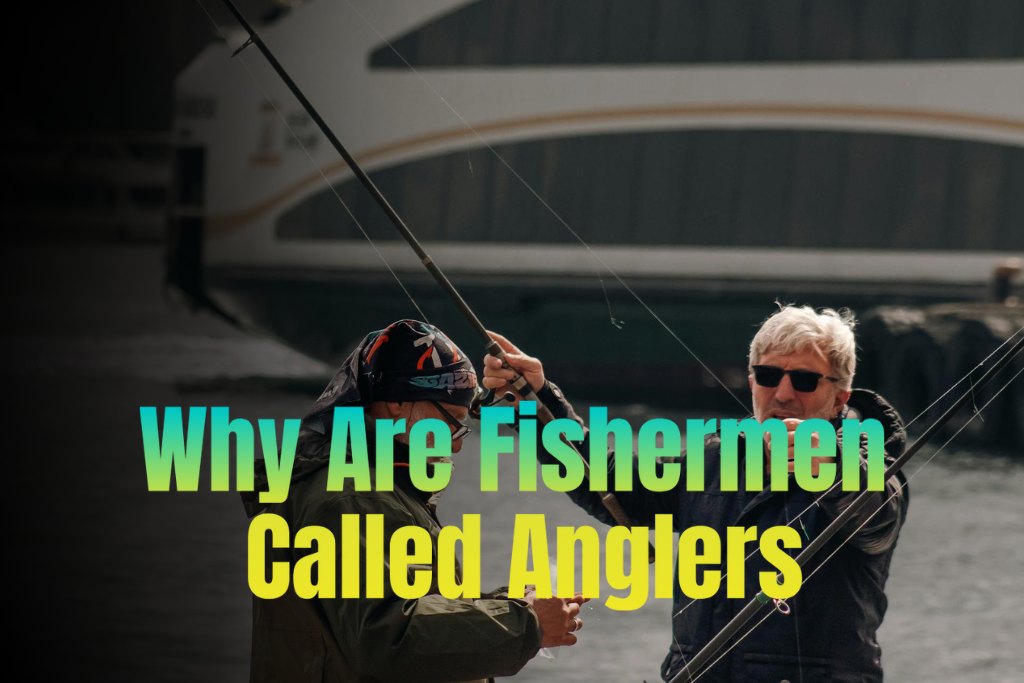Fishing has long been a popular activity enjoyed by many individuals around the world. Among those who partake in this hobby, two terms often emerge – fishermen and anglers. This article aims to delve into the reasons behind the term “anglers” and shed light on the distinction between anglers and fishermen. Let’s embark on a journey to uncover the origins and nuances of these terms.
Who Is a Fisherman?
A fisherman is an individual who engages in the act of fishing. They cast their lines, use various fishing techniques, and employ different equipment to catch fish. Fishermen can be found in diverse settings, including freshwater lakes, rivers, and oceans. Their primary objective is to catch fish for sustenance, sport, or commercial purposes.
Who Is an Angler?
An angler, on the other hand, is a specific type of fisherman who practices angling as a fishing technique. Angling involves using a fishing rod, reel, and line to catch fish. Anglers are often driven by the pursuit of recreational enjoyment, challenging themselves to outwit and outmaneuver their targeted fish species. They embrace the artistry and finesse of fishing, focusing on the skill and technique required to successfully catch fish.
Difference Between Anglers and Fishermen:
The key distinction between anglers and fishermen lies in their motivations, techniques, and approaches to fishing. While fishermen may adopt various fishing methods, such as netting or trapping, anglers specifically specialize in angling. Anglers prioritize the sport and recreational aspects of fishing, aiming to catch fish using specific tackle and techniques.
Read Also: Why Fishermen Keep Hooks in Their Hats? Click Here
How Can Fishermen Become Anglers?
For fishermen looking to transition into becoming anglers, there are several steps they can take to embrace the art of angling:
1. Acquire Basic Fishing Skills:
Begin by familiarizing yourself with fundamental fishing skills, such as casting, reeling, and knot tying. Practice these skills to develop precision and accuracy in your angling technique.
2. Invest in Appropriate Equipment:
To become an angler, invest in a quality fishing rod, reel, and line that are suitable for the type of fishing you wish to pursue. Research different equipment options and seek advice from experienced anglers to make informed choices.
3. Learn About Fish Species and Habitats:
Expand your knowledge of different fish species and their preferred habitats. Understand their feeding patterns, behavior, and seasonal movements. This knowledge will help you select the right fishing locations and employ effective angling strategies.
4. Master Angling Techniques:
Explore various angling techniques, such as baitcasting, spinning, or fly fishing, depending on your interest and the fish species you wish to target. Practice these techniques to develop finesse, accuracy, and control in your angling skills.
5. Embrace Catch and Release:
Anglers often prioritize conservation and sustainability. Embrace the practice of catch and release, allowing fish to be returned to the water unharmed after being caught. This ensures the preservation of fish populations and contributes to the overall health of ecosystems.
6. Engage with Fishing Communities:
Connect with fellow anglers and fishing communities, both online and offline. Participate in fishing forums, attend workshops, and join fishing clubs to learn from experienced anglers, exchange tips, and share your own experiences.
